14 GPTs for Architectural Planning Powered by AI for Free of 2026
AI GPTs for Architectural Planning are advanced computational tools that employ Generative Pre-trained Transformers (GPTs) technology to assist in the various tasks associated with planning and designing architecture. These tools leverage the power of machine learning and natural language processing to understand, interpret, and generate solutions tailored to the specific needs of architectural projects. They are designed to streamline the planning process, enhance creativity, and improve decision-making by providing data-driven insights and automations that are specifically relevant to architects, urban planners, and related professionals.
Top 10 GPTs for Architectural Planning are: Floorplan Visualizer,Architecture Design Photorealistic Studio,Computer-Aided Design (CAD),3D model by ProceduraGPT,建築基準法ナビ,Swift Genius,Tony Jackson Academy,Design Assistant,Real Estate Redesign,Archi
Floorplan Visualizer
Transforming floorplans into visual masterpieces.
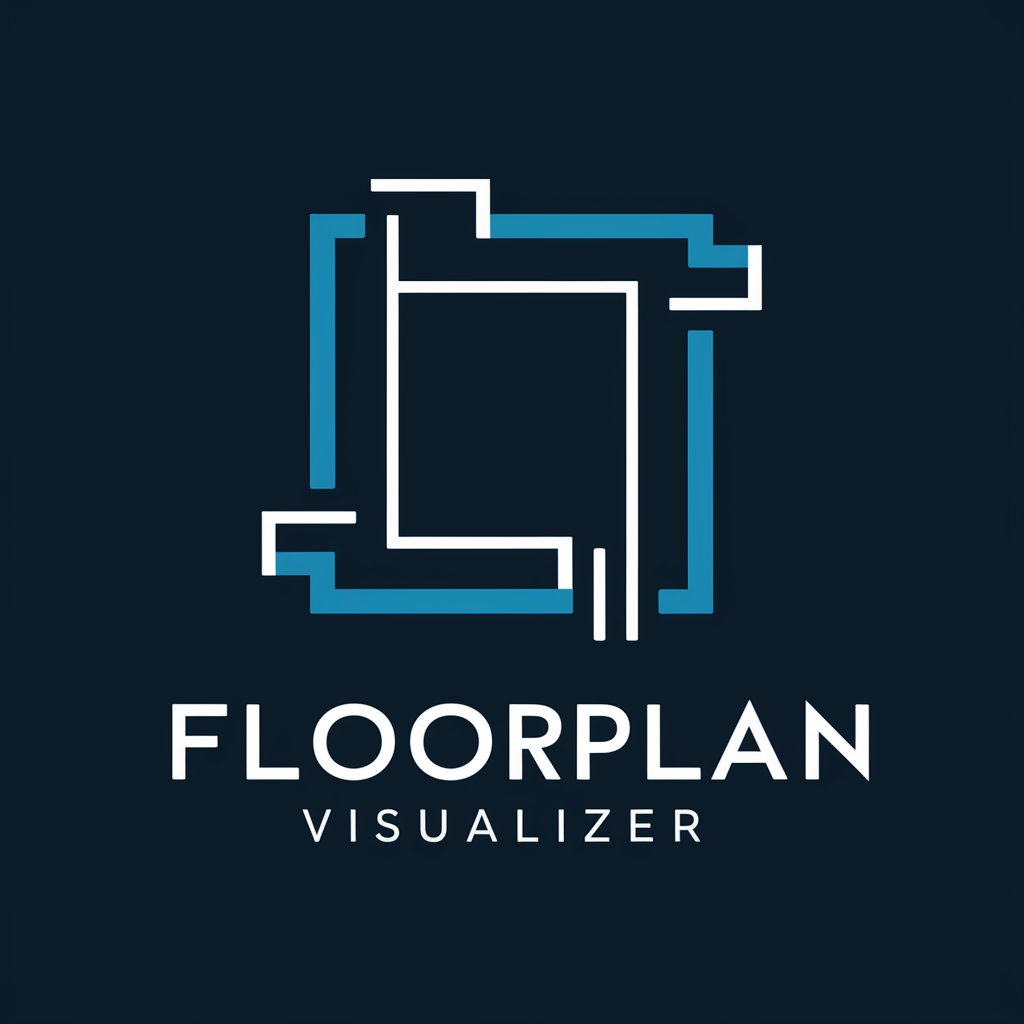
Architecture Design Photorealistic Studio
AI-powered photorealistic architecture design

Computer-Aided Design (CAD)
Empower Your Designs with AI-Powered CAD

3D model by ProceduraGPT
Turn ideas into 3D reality with AI
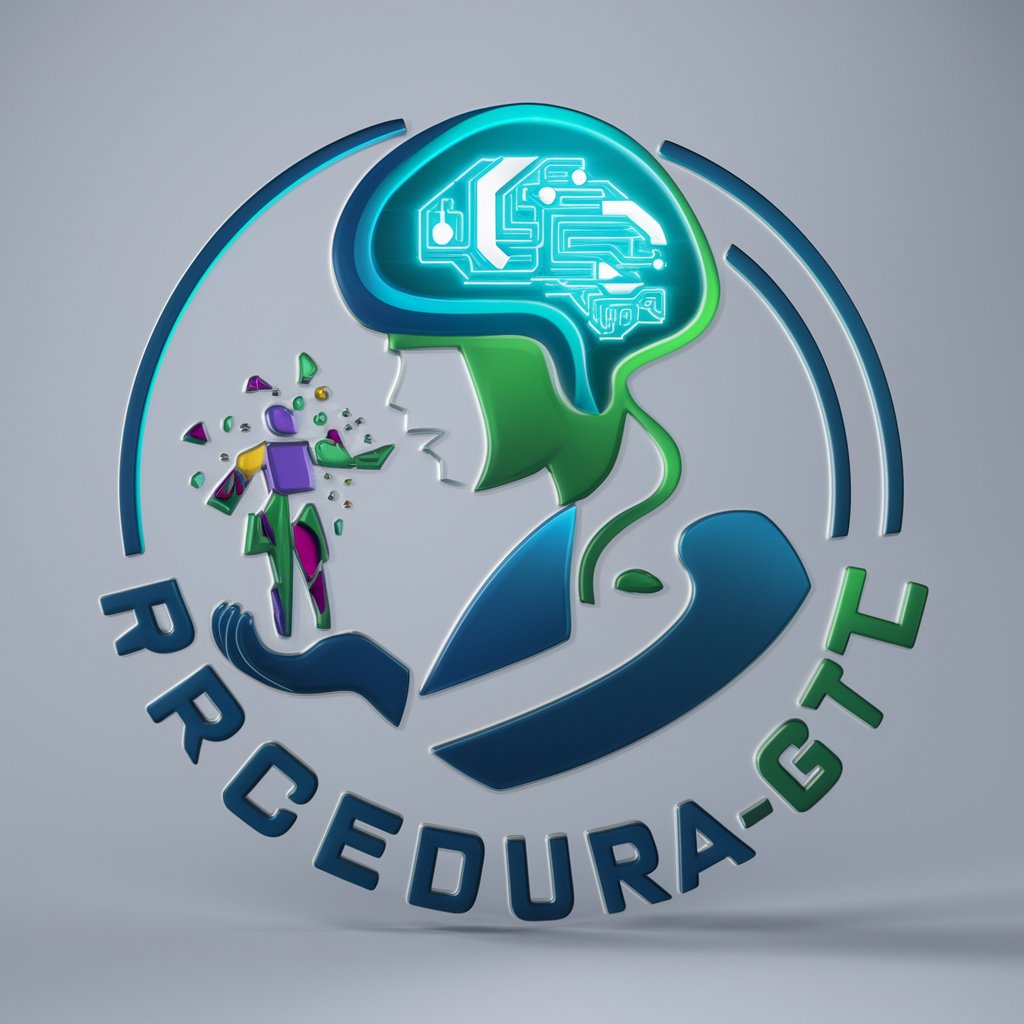
建築基準法ナビ
Navigate Japan's Building Law with AI-Powered Precision

Swift Genius
Empowering Swift Innovation with AI
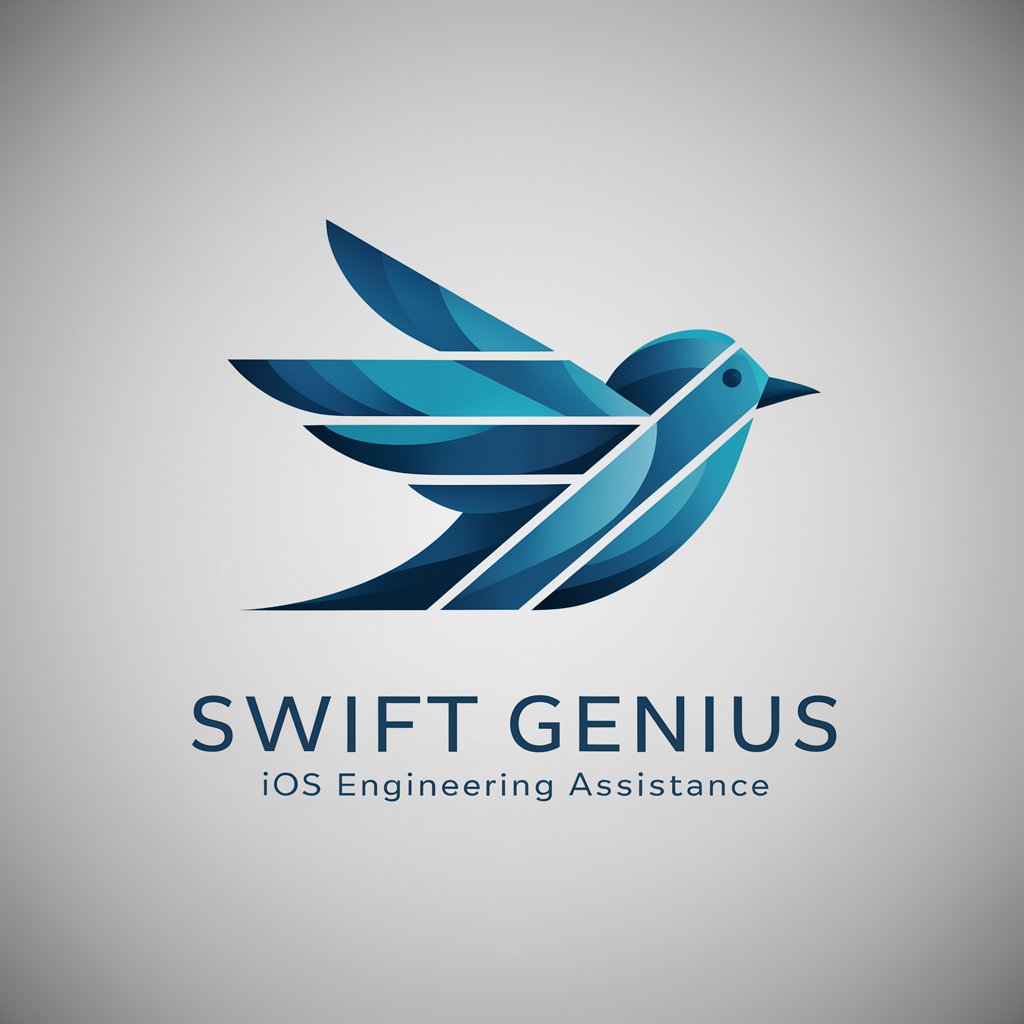
Tony Jackson Academy
Empowering design minds with AI.

Design Assistant
Empowering creativity with AI-driven design insights

Real Estate Redesign
Transform Your Property with AI

Archi
Empowering Your Design Journey with AI
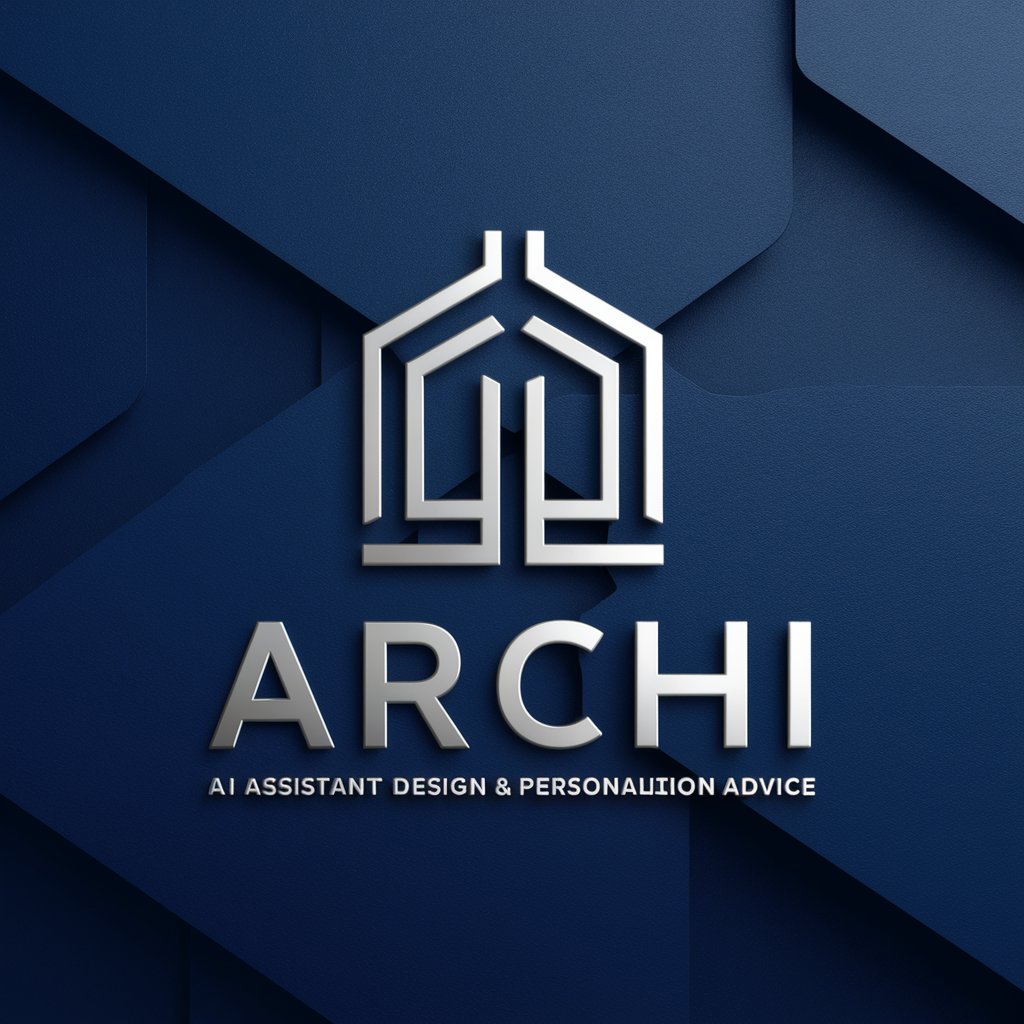
Architect
Empowering Your Design Journey with AI
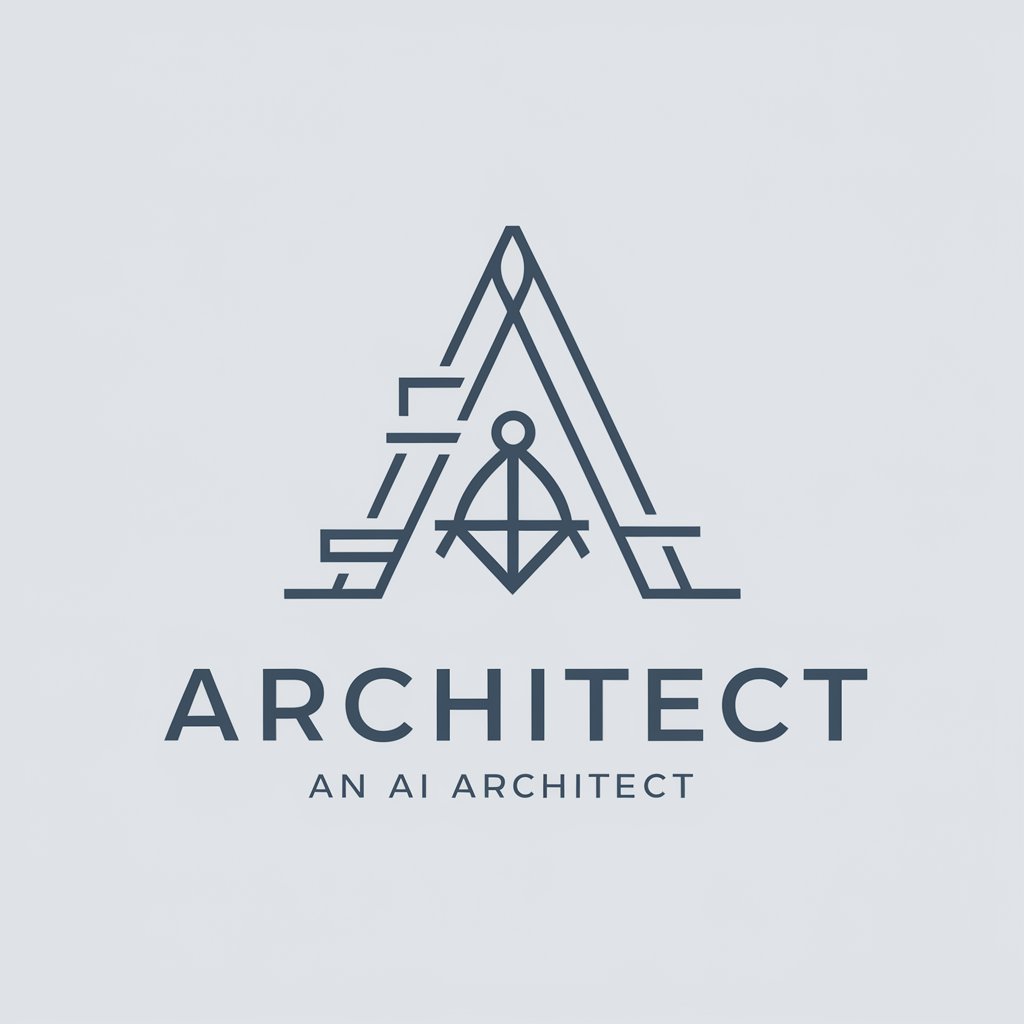
Block Architect
Elevate your Minecraft creations with AI-powered architectural insights.
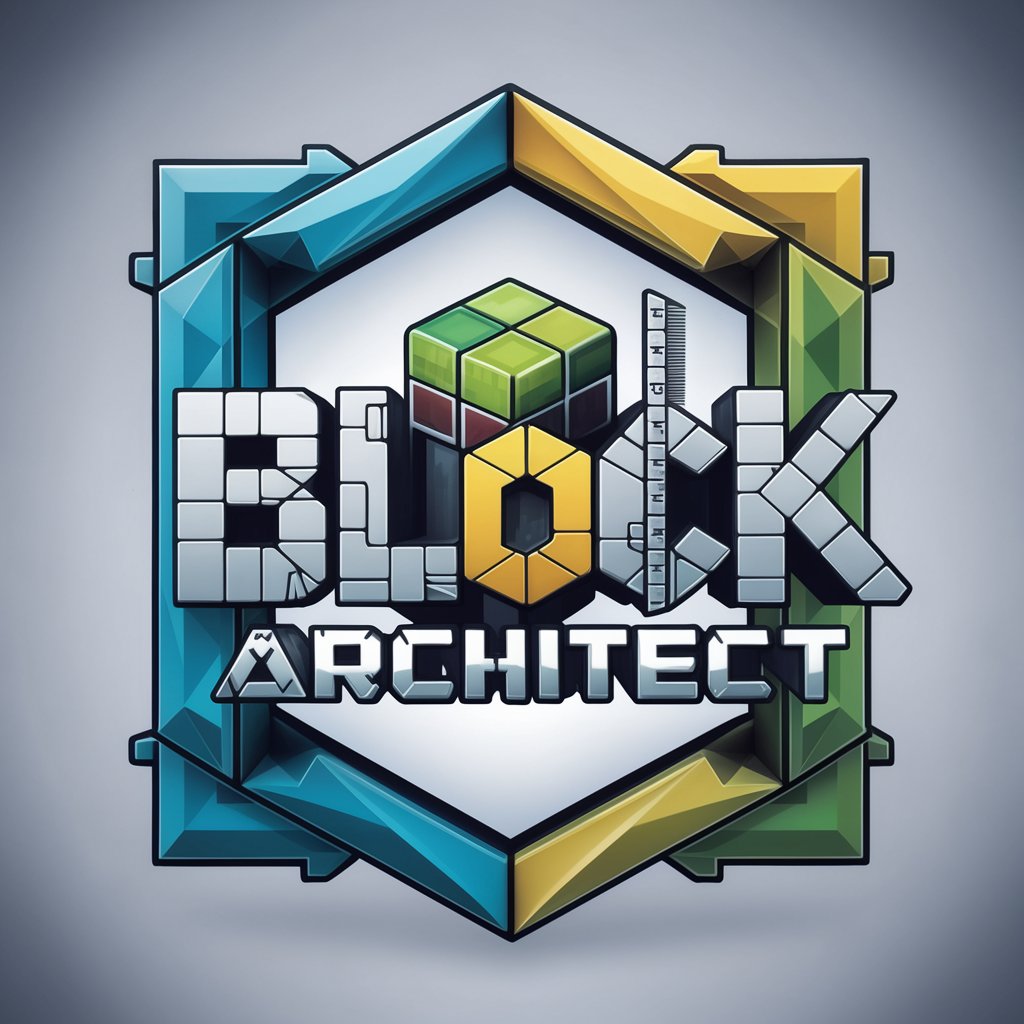
Area Wizard
Precision Geometry at Your Fingertips

Brick Visualizer
Transform Your Home with AI-Powered Brick Visualization
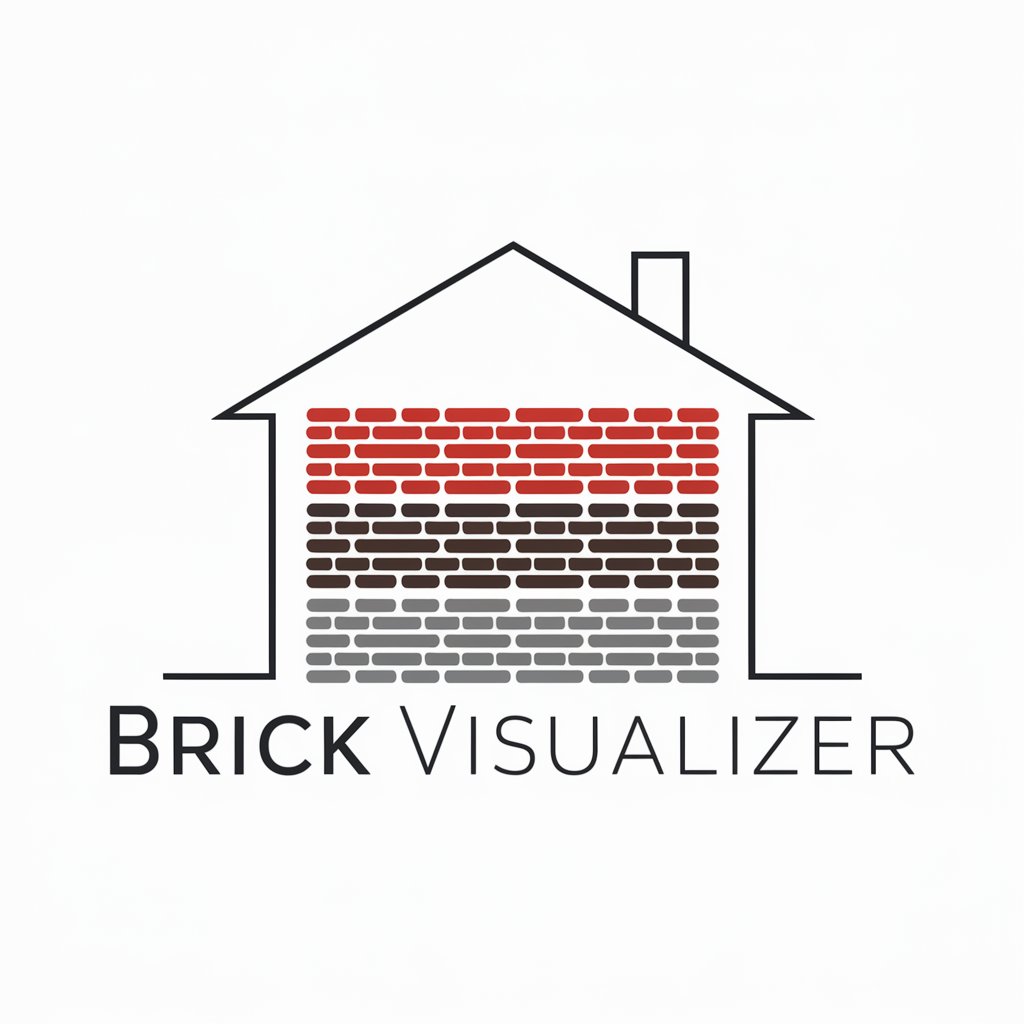
Distinctive Characteristics and Functionalities
AI GPTs for Architectural Planning offer a range of unique features that cater to the intricacies of architectural design and planning. These include advanced language understanding for interpreting design briefs, image generation for visualizing architectural concepts, technical support for architectural standards compliance, and data analysis for optimizing building performance. Their adaptability allows users to transition from basic drafting assistance to complex project management tasks seamlessly. Special features such as environmental impact assessments, integration with CAD software, and real-time collaboration tools set these GPTs apart in the architectural domain.
Who Benefits from AI in Architectural Planning?
AI GPTs for Architectural Planning are invaluable to a wide audience range, including architectural students, freelance architects, design firms, and urban planning departments. These tools are accessible to novices, offering intuitive guidance and inspiration, while also providing deep customization options and technical integrations for seasoned professionals and developers. They democratize architectural design by lowering the technical barrier to entry and enhancing productivity for experts.
Try Our other AI GPTs tools for Free
Construction Guidance
Discover how AI GPTs for Construction Guidance are transforming project planning and execution, offering innovative solutions to enhance efficiency and productivity in the construction industry.
Genetic Counseling
Discover how AI GPTs revolutionize Genetic Counseling, offering personalized insights, risk assessments, and decision-making support tailored to your genetic health needs.
Disease Prevention
Discover how AI GPTs for Disease Prevention leverage advanced analytics and AI to offer personalized health insights and strategies, revolutionizing preventative care.
Textförbättring
Discover AI-powered GPT tools for Textförbättring designed to refine and enhance your writing, making it clearer and more engaging. Ideal for professionals and novices alike.
Akademiskt Skrivande
Explore AI GPTs for Akademiskt Skrivande, the cutting-edge AI tools transforming academic writing, research, and data analysis. Enhance your academic endeavors with tailored, efficient solutions.
Företagskommunikation
Discover how AI GPTs revolutionize Företagskommunikation with tailored solutions for effective, efficient, and engaging corporate communications.
Expanding Horizons with AI in Architecture
AI GPTs in architectural planning open new possibilities for creativity and efficiency, providing a user-friendly interface that encourages experimentation. They can adapt to various sectors within architecture, offering solutions that range from preliminary sketches to detailed environmental impact studies. The potential for integrating these AI tools with existing workflows and systems signifies a leap towards more innovative and sustainable architectural designs.
Frequently Asked Questions
What exactly are AI GPTs for Architectural Planning?
They are advanced AI tools designed to assist in architectural design and planning by leveraging natural language processing and machine learning.
How can these AI tools enhance architectural design?
By providing automated design suggestions, visualizations, compliance checks, and performance optimizations tailored to specific project requirements.
Who can use these AI GPT tools?
Anyone involved in architectural planning, from students and novices to professionals and developers, can benefit from these tools.
Do I need coding skills to use these tools?
No, these tools are designed to be user-friendly for those without programming expertise, though coding skills can unlock further customization.
Can these tools integrate with existing architectural software?
Yes, many AI GPTs for Architectural Planning are designed to work seamlessly with popular CAD software and project management tools.
How do these tools handle privacy and data security?
Most tools prioritize user data protection with encryption and compliance with data protection regulations, ensuring project confidentiality.
Can AI GPTs automate the entire design process?
While they significantly aid in design and planning, human oversight and creativity are essential for finalizing projects.
What are the limitations of using AI in architectural planning?
AI tools may lack the nuanced understanding of local contexts and personal design aesthetics that human architects bring to a project.